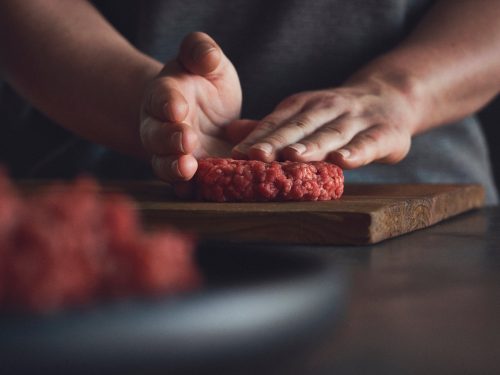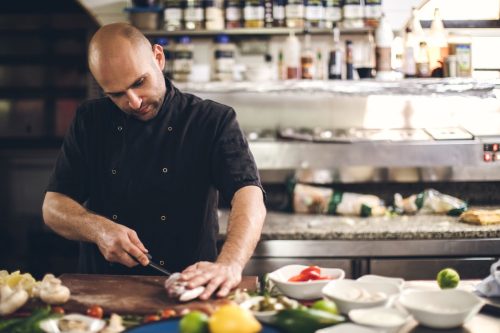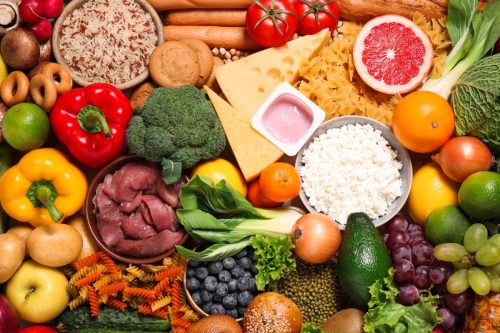Doctors Discover Man’s Headaches Are Caused by Brain Tapeworms—These Foods Are High-Risk

Most of us experience the occasional headache or migraine, but while they can be painful, it’s not typically anything to worry about. On the other hand, the alarming recent experience of one Florida man is a good reminder that sometimes the pain in your head could be a sign of something serious.
An unnamed 52-year-old sought medical help in Orlando after experiencing a shift the presentation of his chronic headaches, the Daily Mail reported. His case was recently published in the American Journal of Case Reports on March 7. The man, who had a medical history of migraine headaches, told doctors that his migraines had become more frequent and severe, and had stopped responding to his medications over a four-month period, according to the report.
Doctors conducted neurological scans, which showed that the 52-year-old had several cysts present in his brain. Following that, infectious disease experts were able to conduct more tests to confirm that the man had neurocysticercosis.
Cysticercosis is a “preventable parasitic infection caused by larval cysts of the pork tapeworm,” according to the Centers for Disease Control and Prevention (CDC). When these tapeworms infect your brain, it is known as neurocysticercosis, which is the most severe form of the condition and can lead to seizures and even be fatal, per the agency.
Experts say cysticercosis is most commonly acquired through travel to developing countries, but the 52-year-old denied any recent travel to high-risk areas. Doctors believe the real culprit was something the patient had eaten. Read on to find out what the man in the case study consumed, and the other the foods that present a risk for tapeworms.
RELATED: The 6 Easiest Ways to Catch Norovirus, and How to Avoid Them.
1
Pork

According to the report, doctors believe the patient’s headaches were caused by brain tapeworms that he contracted from eating undercooked bacon. The man “admitted to a habit of eating lightly cooked, non-crispy bacon for most of his life,” they wrote.
As the CDC explains, “Eating undercooked pork can result in intestinal tapeworm if the pork contains larval cysts. Pigs become infected by eating tapeworm eggs in the feces of a human infected with a tapeworm.”
RELATED: Nutritionist Reveals 3 “Gross” Foods She’ll Never Eat and the Horrifying Reasons Why.
2
Beef

While you’re more likely to get tapeworms from undercooked pork in the U.S., beef tapeworms can “get into the food supply when people live close to cattle and conditions aren’t clean,” according to WebMD.
RELATED: Shopper Claims Costco Food Made Her “Violently Ill” Amid Listeria Outbreak.
3
Fish

If you eat raw or undercooked freshwater fish that contain fish tapeworm cysts, you could also develop a fish tapeworm, according to MedlinePlus. Known as Diphyllobothrium latum, the fish tapeworm is the “largest parasite” that can infect humans.
4
Fruits and vegetables

It’s not just meat that hasn’t been fully cooked all the way that you should be concerned about. According to the Mayo Clinic, “unwashed fruits and vegetables also can carry tapeworm eggs.”
To prevent potential tapeworm infection, you should always rinse fruits and vegetables under running water before you eat, peel, or prepare them.
Best Life offers the most up-to-date information from top experts, new research, and health agencies, but our content is not meant to be a substitute for professional guidance. When it comes to the medication you’re taking or any other health questions you have, always consult your healthcare provider directly.